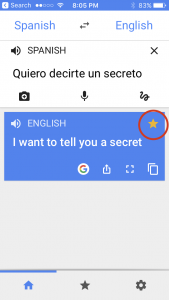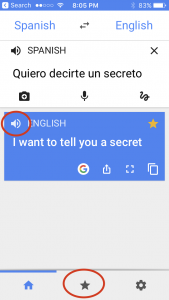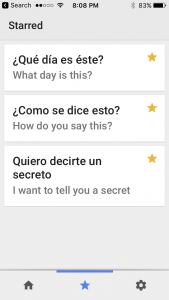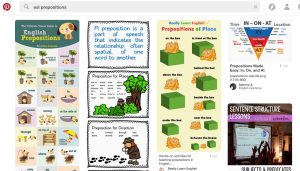 The English word leopard has the same language origin as the Spanish and Portuguese leopardo, and the French léopard. There are many other words like this that are very similar in English and other languages. They are called “cognates”. One good way to quickly increase your English vocabulary is to study a list of these similar words.
The English word leopard has the same language origin as the Spanish and Portuguese leopardo, and the French léopard. There are many other words like this that are very similar in English and other languages. They are called “cognates”. One good way to quickly increase your English vocabulary is to study a list of these similar words.
- For Spanish, there are words like adorar (adore), mágico (magical), teatro (theater) and many more
- For Portuguese, there are words like apropriado (appropriate), importância (importance), familiar (familiar), and many more
- There are lists of cognates available for many other languages too – including Russian and Arabic
- For more lists of cognates with English and many other languages, you can use Google. For example, in Google: English French cognates
- You can try entering the same search words in YouTube to watch video lessons about these
 Y
Y




 In addition to giving you information on
In addition to giving you information on  Google Translate is the most popular way to translate between two languages. But most people don’t use their “phrasebook” – a place to save words, phrases, and sentences that you want to use or practice another time.
Google Translate is the most popular way to translate between two languages. But most people don’t use their “phrasebook” – a place to save words, phrases, and sentences that you want to use or practice another time.



 You can use Pinterest to see pictures and information about almost anything that interests you – such as
You can use Pinterest to see pictures and information about almost anything that interests you – such as 